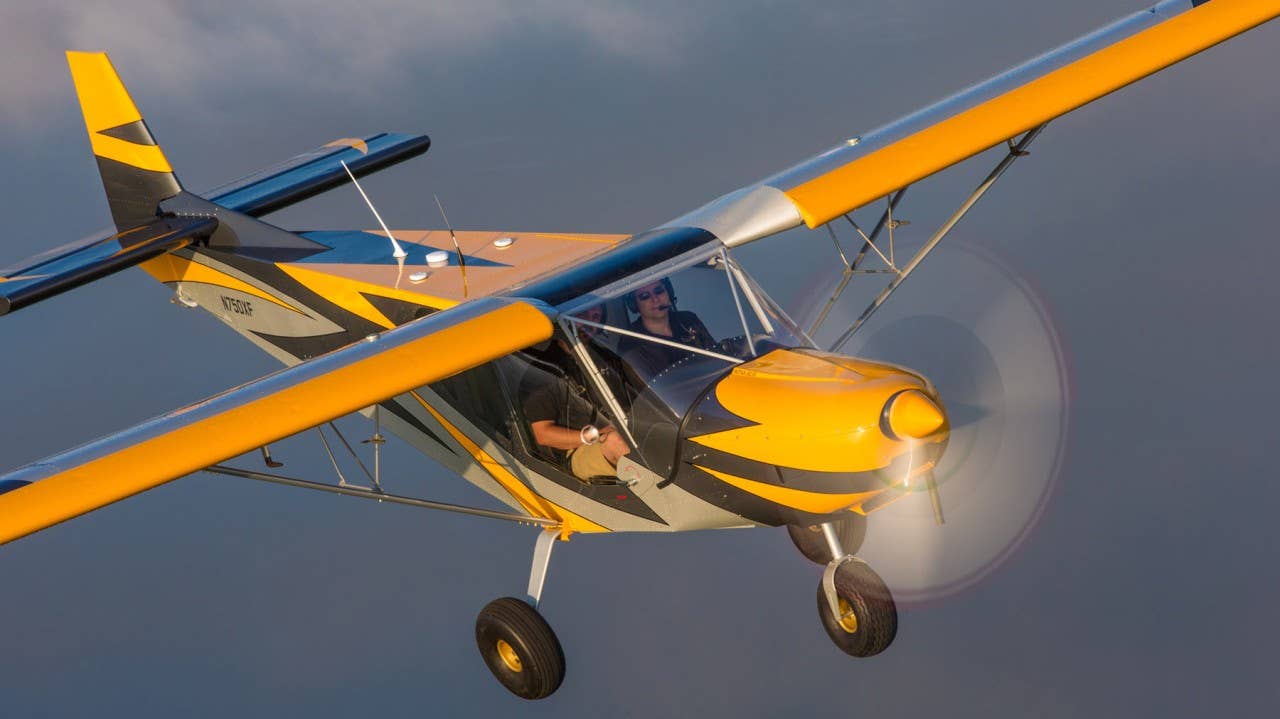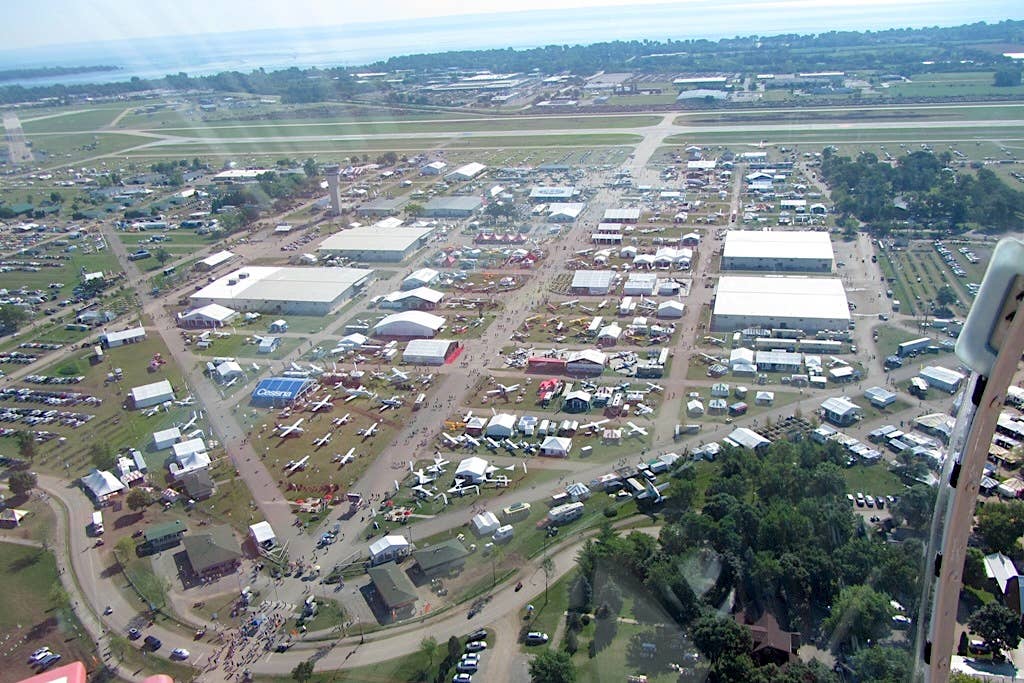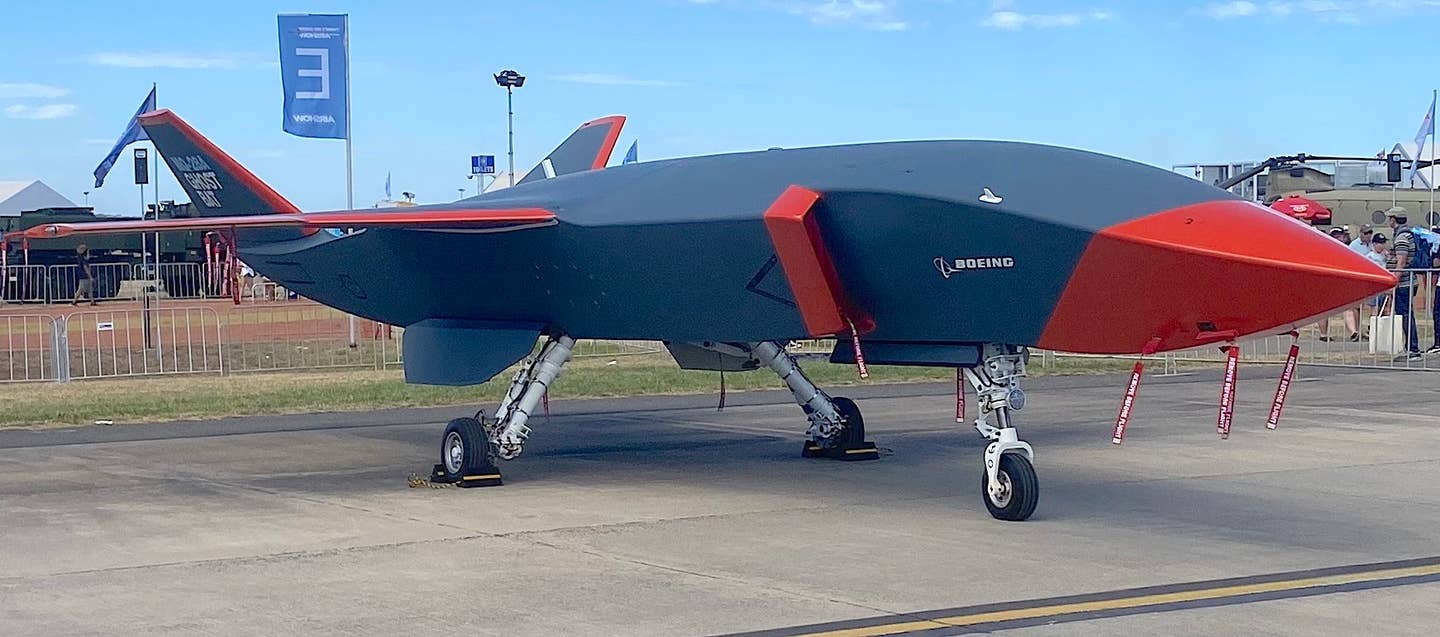GAMA Has Issues With MOSAIC; Plans To Issue Comments To FAA
The world’s largest group representing aircraft manufacturers says it has issues with the Modernization Of Special Airworthiness Certification (MOSAIC) proposed rulemaking and will specify those reservations in comments to the…

FAA’s proposed MOSAIC changes have the General Aviation Manufacturers Association concerned. Photo: Zenith Aircraft
The world's largest group representing aircraft manufacturers says it has issues with the Modernization Of Special Airworthiness Certification (MOSAIC) proposed rulemaking and will specify those reservations in comments to the FAA. General Aviation Manufacturers Association (GAMA) spokesman Andre Castro told AVweb Thursday (Jan. 11) that the trade group will not fully endorse the MOSAIC rule as currently written because the plans "go beyond what was expected and require additional clarification and justification from the FAA." AVweb's sources said the main issue for GAMA is allowing Light Sport pilots to fly four-place aircraft. Holders of Light Sport certificate holders would, however, be limited to a single passenger.
MOSAIC is intended to broaden the scope of eligible aircraft while expanding performance and weight-based limits on the category. It's considered a safety move by its proponents because it allows more margins of safety in aircraft available to those with so-called "driver's license medicals" and more flexibility for creating new designs of light aircraft. The comment period for the NPRM ends Jan. 22. GAMA's full statement to AVweb follows:
“The GAMA team is currently working across our broader membership to develop collective comments and recommendations in response to the FAA’s MOSAIC proposed rule which are due on January 22nd. Overall, GAMA supports the direction of key aspects of the proposal to increase the size, performance and scope of aircraft that can be flown by sport pilots and be issued a special airworthiness certificate with the objective of improving safety, functionality, innovation, and availability of small general aviation aircraft. However, there are areas of the proposal which go beyond what was expected and require additional clarification and justification from the FAA. In addition, GAMA believes the FAA misses a significantly important opportunity to fully realize the intended objectives and benefits of this proposal by not applying a consistent approach across all small aircraft airworthiness and certification processes. Our submission will go into further detail on these issues.”






